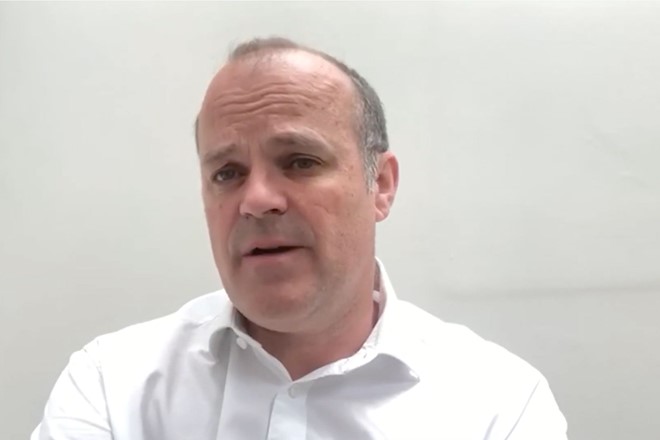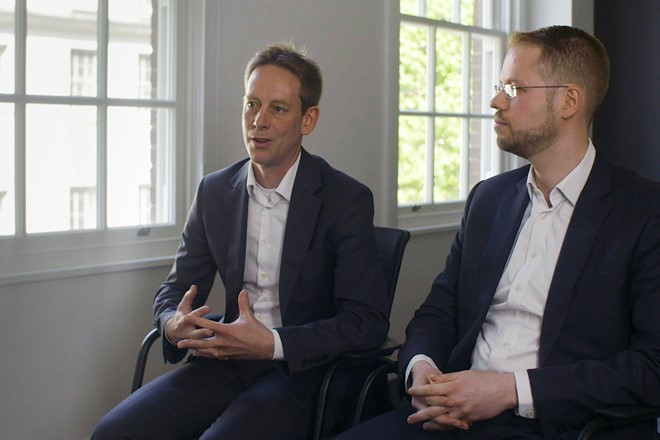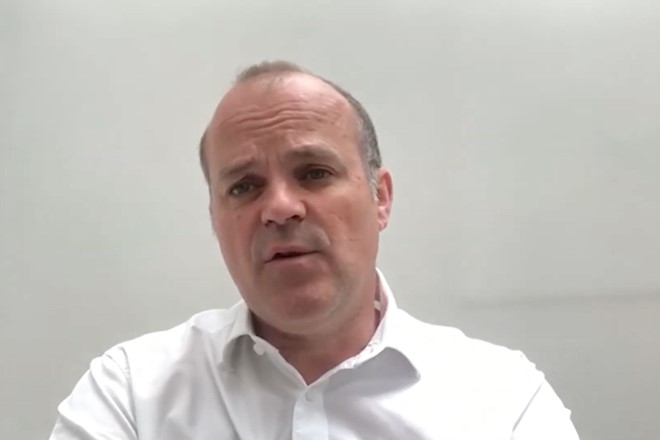
The UK’s leading end of life charity, Marie Curie is here to support everyone in the UK through all aspects of dying, death and bereavement. We support the NHS by providing frontline care, we provide vital bereavement support for family and friends, and we help the nation prepare for death, to help make things better at the end. In 2019-2020, we helped more than 60,000 people directly and reached over two million more.
Q. What was the impact of 2020 and the COVID-19 pandemic on Marie Curie and patients?
During the pandemic terminal illness did not go away. Across the UK our services were there and continued to be there for people when they needed us.
Evidence from this year’s Better End of Life Report, published by Marie Curie, highlights that where people are dying is changing, with many more dying at home. We also know that for people with terminal illness, lockdown and social distancing policies have caused isolation and loneliness during a phase of life where relationships and human contact are of utmost importance.
Q. How did you face those challenges and how have your practices changed?
Throughout the pandemic, our teams and services never stopped. We adapted and innovated quickly. Following the cancellation of many of our fundraising activities, we acted rapidly to ensure our financial stability, launching an Emergency Appeal and focusing on online activities. We cut back on all non-essential costs and made use of the government job retention scheme and funds from the Treasury. Our services also adapted - examples include hospices supporting people virtually through technology, and the development of a new telephone bereavement service to support people through grief.
Q. What learnings have there been and how will you adapt in future?
We want to ensure that everyone in the UK has the best possible end of life experience, reflecting what is most important to them. Before the pandemic we had worked on our new strategy, and the pandemic has only reconfirmed our thinking, focusing on long-term, sustainable impact. This is particularly poignant given the lessons learnt from our Better End of Life Report, which we hope will help inform the longer-term future of palliative and end of life care and bereavement support in our country. Research has projected that by 2040, annual deaths in England and Wales are expected to rise to nearly 630,000 every year – 25% more than the years preceding the pandemic. To ensure our health and care system is fit for the future, end of life care must be right at the heart of new systems to ensure the best end of life experience.
"Going into the hospice gave dad another lease of life because they were so good with him. It was like being in a hotel for him, the staff couldn’t do enough, and did everything they could for him.”
Q. How the Syncona Foundation supports Marie Curie
The Syncona Foundation has been critical in equipping us with the ability to respond to emergencies. By allowing us to use donations flexibly, it has helped our frontline services to respond quickly and effectively to the pandemic.


